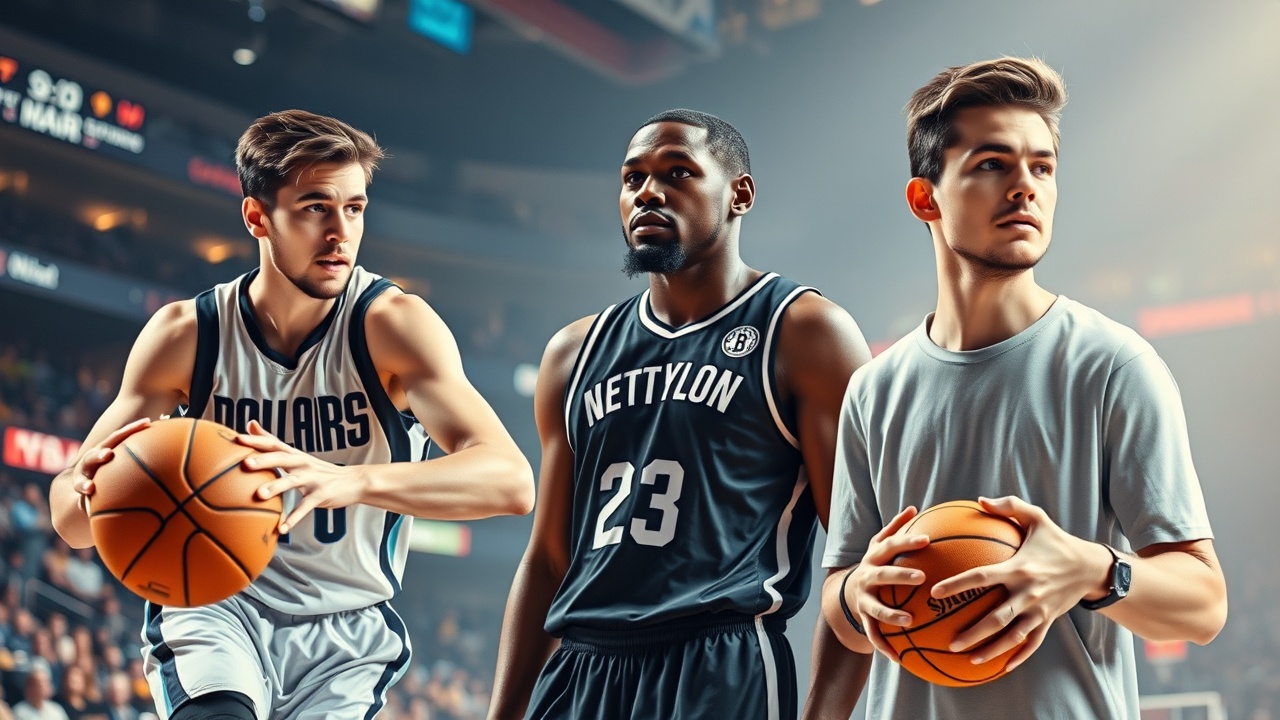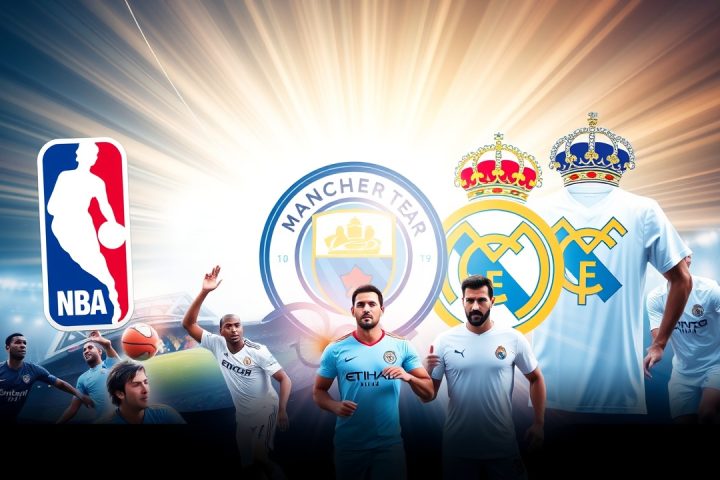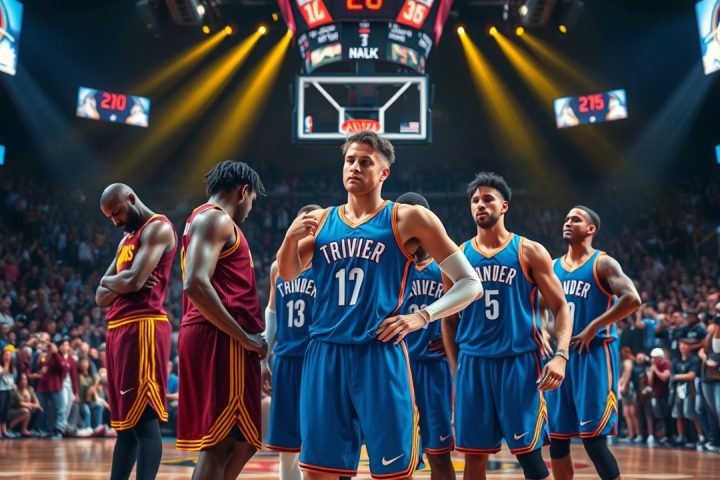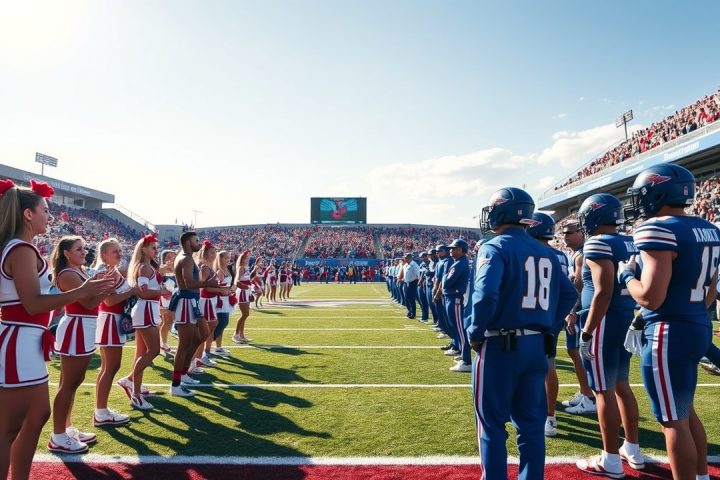The NBA Offseason: A Shift in Free Agency Trends
The NBA offseason has unveiled a fascinating trend: professional basketball is increasingly steering away from high-profile star free agency, attributing this shift to the more flexible veteran contract extension rules established in recent collective bargaining agreements. As teams embark on the new salary-cap cycle set for the 2025-26 season, front offices are engrossed in evaluating their key players and negotiating potential extensions long before the typical free-agency frenzy kicks in.
Recent Contract Extensions
So far this offseason, despite numerous veterans qualifying for extensions, only three agreements have emerged. Most notably:
- Shai Gilgeous-Alexander secured a hefty four-year, $285 million supermax in Oklahoma City.
- Jaren Jackson Jr. inked a $235 million renegotiation in Memphis.
- Jakob Poeltl settled for a four-year, $116 million extension with Toronto.
Key Players in Contract Discussions
As the league transitions into a unique extension period, several players are at the forefront of potential contract discussions. A major storyline is Luka Dončić, who is set to become eligible for an extension on August 2. Statistically, he could secure a four-year, $223 million deal. However, hints suggest he may pursue a shorter contract, setting his sights on a more lucrative agreement once he becomes a 10-year veteran in summer 2028.
Due to the unusual circumstances of being traded before his second contract’s end, Dončić is not eligible for the supermax deal, notably absent from conversations that recently revolved around stars like Jayson Tatum. If he were to void his 2026 player option, he could negotiate a three-year, $161 million extension with the Lakers, posturing for a staggering five-year deal worth approximately $406 million in 2028 if he sticks around.
The Lakers’ Dilemma
The situation poses a conundrum for the Lakers; Dončić holds significant leverage but remains a pivotal asset for the future. The timing of his extension could affect the Lakers’ long-term strategy, especially with the looming prospect of unrestricted free agency hanging over Dončić.
The Hawks’ Uncertain Future
In Atlanta, the Hawks find themselves in a muddled situation with both Kristaps Porziņģis and Trae Young facing potential free agency should extensions fail to finalize. The Hawks can extend Porziņģis, who was recently traded, beginning July 12, while Young is eligible right away. Given their generational talents, the franchise must consider the ramifications of losing them, especially as the team has limited draft control for 2027 and is riding a promising wave with a potential high draft pick in 2026.
Porziņģis, who turns 30 this month, faces injury concerns while also being valuable enough for a long-term commitment. His upcoming season could set the precedent for a two-year extension that keeps him financially viable while allowing the Hawks room for future maneuvering. Meanwhile, Young’s contract extension conversation is fraught with uncertainty. Despite his stellar scoring capabilities, the potential financial implications require careful navigation from the Hawks.
Other Stars on the Horizon
Across the league, stars like Nikola Jokić also catch the eye as he becomes eligible for a three-year extension estimated at $206 million starting July 8, raising questions about whether he’d prefer immediate security or to wait for a potentially more lucrative long-term deal next summer.
The landscape is similarly complex for other players preparing for negotiations, each with unique circumstances that combine contract value, skillset expectations, and team future strategies. The developments ahead promise to reshape not only individual careers but the broader competitive dynamics across the league leading into the next season.




